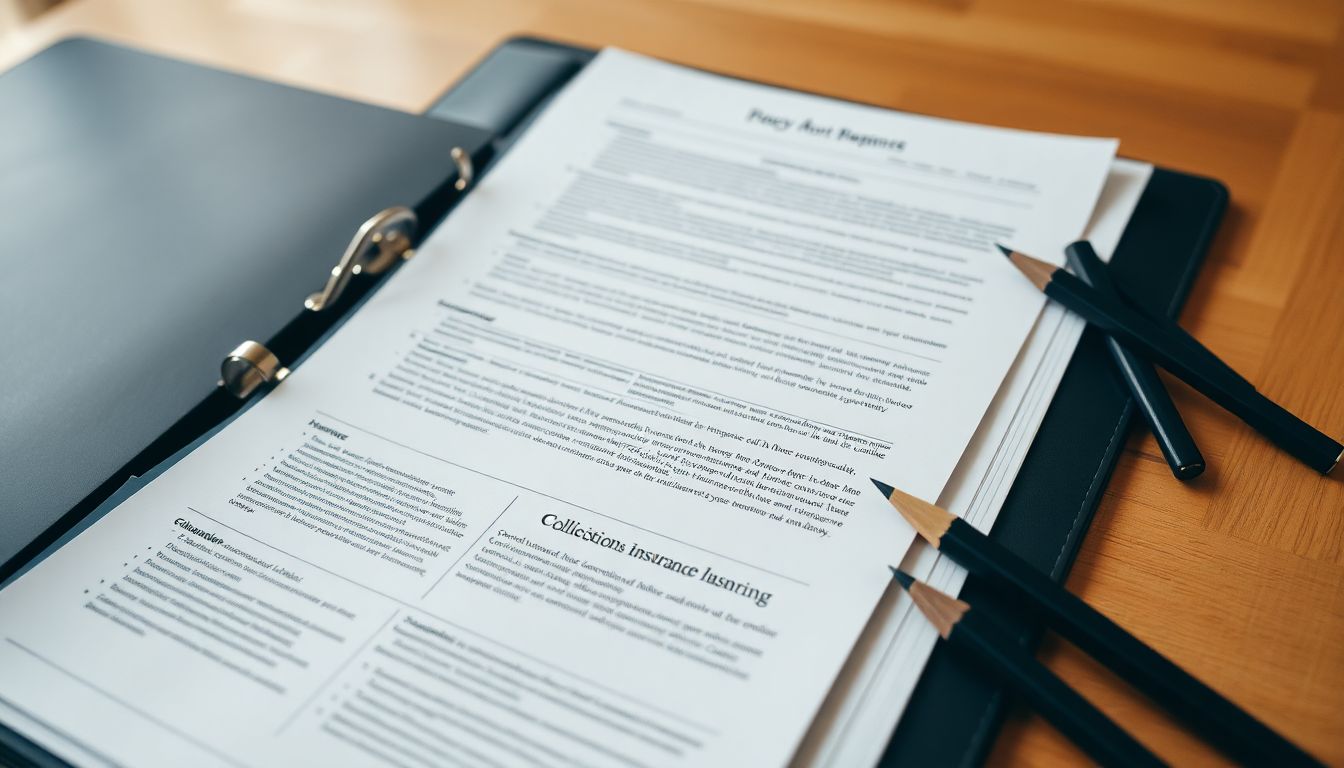 Car accidents happen every minute. In fact, recent statistics show that around 1 in 8 drivers on the road are uninsured. Without proper coverage, the aftermath can be financially devastating. Legal battles and huge out-of-pocket expenses can quickly lead to financial ruin. Knowing what your car insurance policy covers helps you avoid unexpected costs and keeps you safe during those tough times.
Car accidents happen every minute. In fact, recent statistics show that around 1 in 8 drivers on the road are uninsured. Without proper coverage, the aftermath can be financially devastating. Legal battles and huge out-of-pocket expenses can quickly lead to financial ruin. Knowing what your car insurance policy covers helps you avoid unexpected costs and keeps you safe during those tough times.
Liability Coverage: Protecting Yourself from Lawsuits
Bodily Injury Liability
Bodily injury liability covers the medical costs for injuries you cause to others in an accident. For example, if you hit another car and the driver suffers a broken leg, your liability insurance can cover their medical bills. Depending on the severity, costs can soar to tens or even hundreds of thousands of dollars. Without this coverage, you could face lawsuits that drain your savings.
Property Damage Liability
Property damage liability protects you when you damage someone else's property, like their car or fence. Imagine accidentally crashing into a parked car and causing significant damage. Repair costs could be thousands of dollars. This coverage is vital not only for your financial safety but also to meet state-required minimums.
Uninsured/Underinsured Motorist Coverage
Uninsured or underinsured motorist coverage steps in when you are hit by a driver without sufficient insurance. Studies show that about 13% of drivers are uninsured. If you find yourself in an accident with one of these drivers, this coverage can save you from hefty repair bills and medical expenses.
Collision Coverage: Repairing Your Own Vehicle
What Collision Coverage Covers
Collision coverage pays for repairs to your vehicle after an accident, no matter who was at fault. If your car is totaled, it can cover the cost of a replacement. This ensures you won’t bear the full financial burden.
Deductibles and Out-of-Pocket Costs
Most policies come with a deductible, which is the amount you pay before the insurer covers the rest. For instance, if your deductible is $500 and your repair costs $2,000, you’ll pay the $500, and your insurer covers the remaining $1,500. Choosing your deductible wisely can save money but may increase out-of-pocket expenses during a claim.
When Collision Coverage is Necessary
Collision coverage becomes essential if your vehicle is new or has a high loan balance. If you need a reliable means of transportation, protecting your investment is critical.
Comprehensive Coverage: Beyond Accidents
Coverage Beyond Collisions
Unlike collision coverage, comprehensive coverage protects against non-collision damage. This includes theft, vandalism, or natural disasters like hailstorms. If your car gets stolen, comprehensive coverage can get you back on the road.
Examples of Comprehensive Claims
Real-world examples include situations where a tree falls on your car during a storm or if your vehicle is stolen from a parking lot. In both instances, comprehensive coverage would help you recover losses.
Factors Affecting Comprehensive Premiums
The cost of comprehensive coverage can vary based on several factors. Your vehicle's value, the area where you live, and your claims history can all impact premiums. A higher-risk area can lead to higher costs.
Medical Payments Coverage (Med-Pay): Healthcare Costs After an Accident
What Med-Pay Covers
Medical payments coverage, often referred to as Med-Pay, covers personal medical expenses after an accident, regardless of fault. This includes visits to the hospital, ambulance rides, or surgery costs.
Benefits of Med-Pay Coverage
Having Med-Pay ensures you’re not left with exorbitant medical bills if an accident occurs. It provides peace of mind and immediate financial help in critical situations.
Med-Pay vs. Health Insurance
While health insurance covers a broad array of medical expenses, Med-Pay specifically applies to car accidents. It can work alongside health insurance to cover gaps, so it's wise to consider both.
Personal Injury Protection (PIP): Your Well-being After a Crash
PIP Coverage Overview
PIP coverage, often required in certain states, ensures medical expenses are paid after an accident, regardless of fault. This can cover not only injuries but also costs like rehabilitation and funeral expenses.
Benefits Covered by PIP
Typical benefits included in PIP are:
- Medical bills
- Lost wages
- Childcare costs
- Funeral expenses
This coverage provides a safety net during recovery.
State Variations in PIP Laws
PIP coverage can differ widely by state. Some states mandate it, while others don’t. Always check local regulations to ensure you have the necessary coverage.
Conclusion: Making Informed Decisions About Your Car Insurance
Understanding the various types of coverage is crucial in protecting yourself on the road. Each type, from liability to comprehensive, plays a vital role in safeguarding you and your finances.
Reviewing your policy regularly helps ensure you’re adequately covered. Don’t hesitate to reach out to your insurance provider for a deeper understanding of your options. Proper coverage brings peace of mind—don’t leave it to chance!
